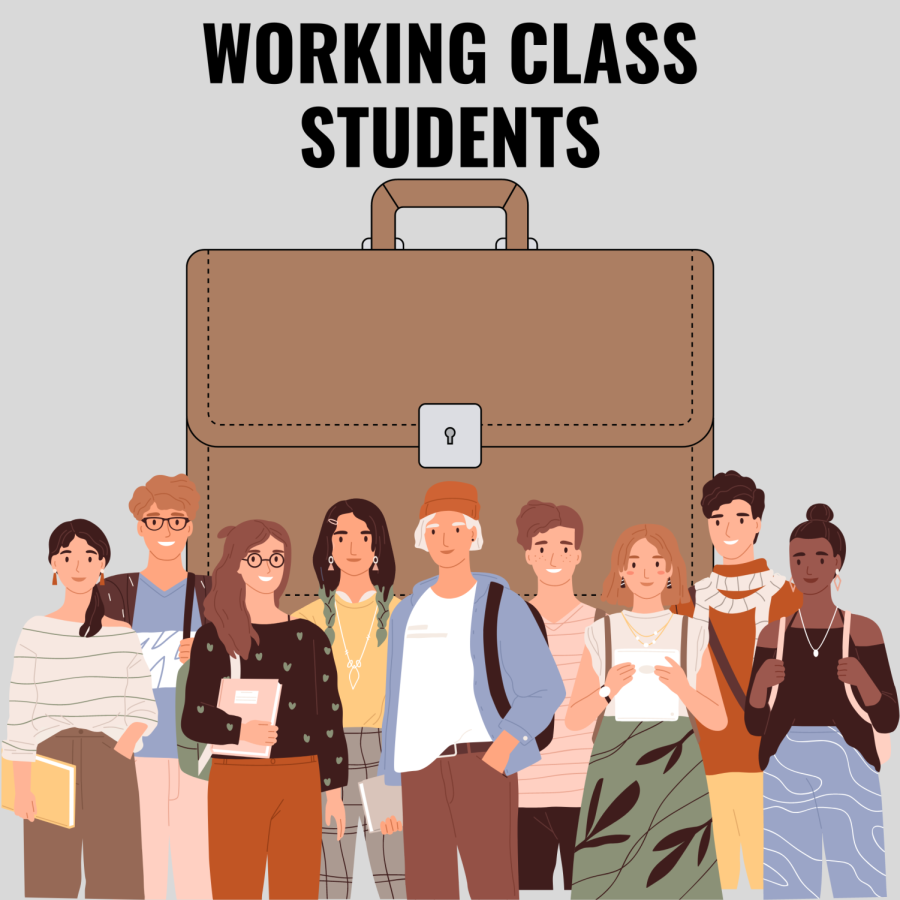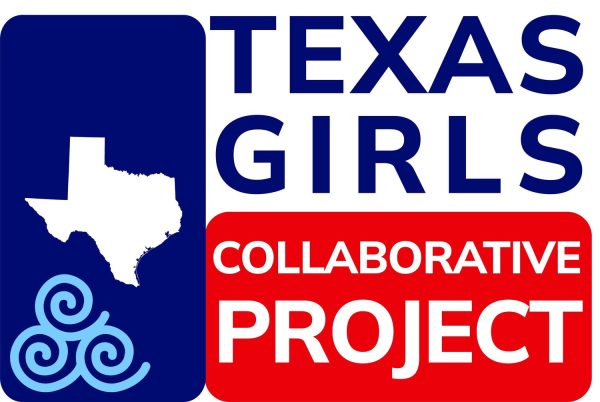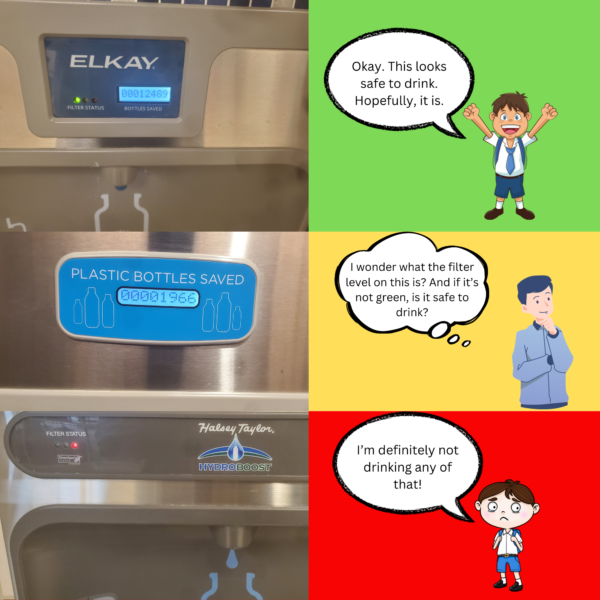Working Class Students
Many argue the importance of having a job over school
Photo by Avery Myers
It is common for students to get jobs during high school, but many question the aid and accommodation school offers in preparing students for those jobs. Students from around campus answered questions and reflected over just how well school is prepping them for the outside world.
January 3, 2023
As students get into their latter years of high school, nearly one third of them will be employed. While some are able to balance seven classes and a part-time job, others end up seeing work as more important than school due to its immediate real-world application.
Rayna Lomax (12), who has been working for a year now, argues that school is not preparing her for the future as well as her job is.
“I feel like working is more important to me right now because I have to get money for college and we don’t really learn anything in school,” Lomax said. “Everything we do learn, I always forget it. But in working, I’m getting experience and actual money for my future.”
Some students, like Lily Johnson (12), had the opportunity to work over the summer which allowed her to be a step ahead of her classmates and gain more real-life experience.
“I learned how to write a check at work by watching customers do it,” Johnson said. “So when that came up in financial math, I already knew everything about it and how to do it. I started working over the summer, so everything I learned came before that class. I learned everything at work.”
Others, however, disagree and believe that there are also many things to be learned at school about the outside world. Mario Aguero (12) works in fast food and he incorporates lessons he’s learned at school into his work ethic.
“[When I’m at work, I apply] my manners and consistency – those two,” Aguero said. “Just like you can’t talk back to teachers, you can’t do that to your boss and think you’ll keep your job.”
Knowledge aside, there are many obstacles that students face at work that they would never face in a classroom. These obstacles, according to Johnson, are what better challenge you for the real world.
“I’ve dealt with scheduling issues, I’ve dealt with lots of social drama and how to treat people in a customer service setting,” Johnson said. “I’ve learned how to do many things tech related and I’ve learned how to do retail. It’s been a really good eye-opening experience for the outside world.”
Equipping students for their future is one of the main purposes for high school, but after working Lomax fears that school is not doing a good enough job.
“I’m not going to know how to be a big girl when I get out of high school because all we do is learn about history and stuff,” Lomax said. “In business English I did learn how to be respectful and how to write emails, but that’s only one class.”
Many feel as if time is wasted over classes such as history and math, especially if the student’s chosen career path does not include those subjects.
“I would say [I don’t use] a lot of the math we learned in school,” Aguero said. “I don’t have to use as much math in the real world other than some of the geometry.”
Despite this, a lot of parents pressure their students to focus more on school rather than working and saving up money.
“My parents want me to focus on school, but I think that I can handle school and a job,” Johnson said. “I really need the money and since I just turned 18 I need to earn more money and learn how to use it on my own. I need to get a car and I need to have that money for those things.”
Others argue that they will not have their desired future if they do not focus on their academics and finishing their senior year.
“I’m not going to get the education I need in college if I don’t complete high school or get my GED,” Agueros said, “so I have to keep working hard in school until I graduate.”
Beyond the debate over whether working is more important than school, there are multiple ways students believe the school can improve in accommodating itself to student workers.
“I would try and get picked up early, they wouldn’t let me, or my mom would try and go into the front office to pick me up so we could hurry for work, and they would tell her no,” Johnson said. “They would fuss at her for going through certain lanes just because she really needed to get me picked up and go. I was always late to work because of the traffic. I think the traffic in the parking lot is a real issue.”
Schools across the country have a program called work-based learning where students have the ability to exchange their electives for hours at their job. After getting monthly signatures from their boss to ensure they are actually going to work, students are able to be in school for only half the day and spend the rest of the time working.
“I can’t go in until 4:00 and we close at 8:00, so I only get four hours of work everyday,” Lomax said. “We should definitely do some type of thing to help students work more, whether that’s half-days or work-based learning or whatever. I need to get my hours in, that way I can be more prepared for the future.”












